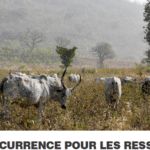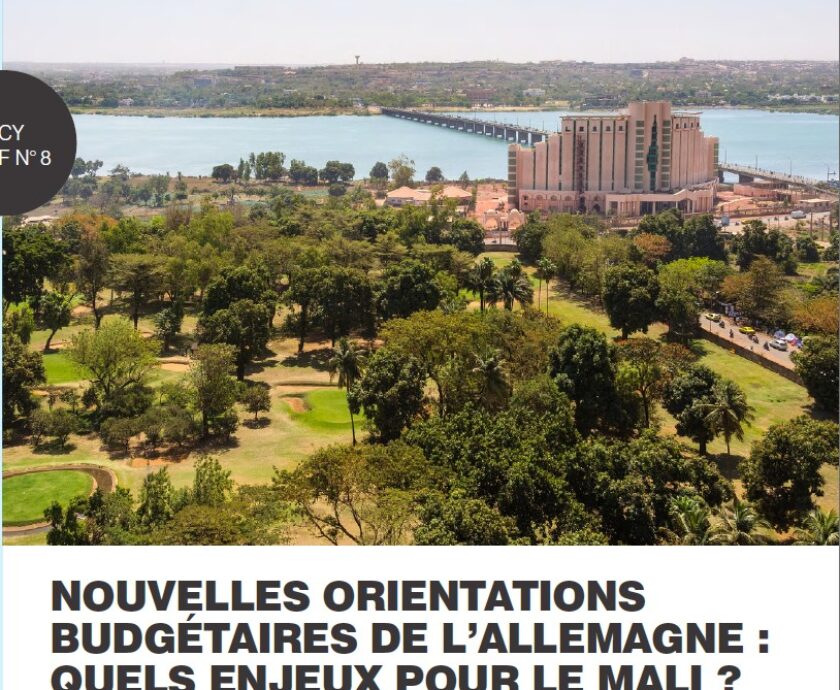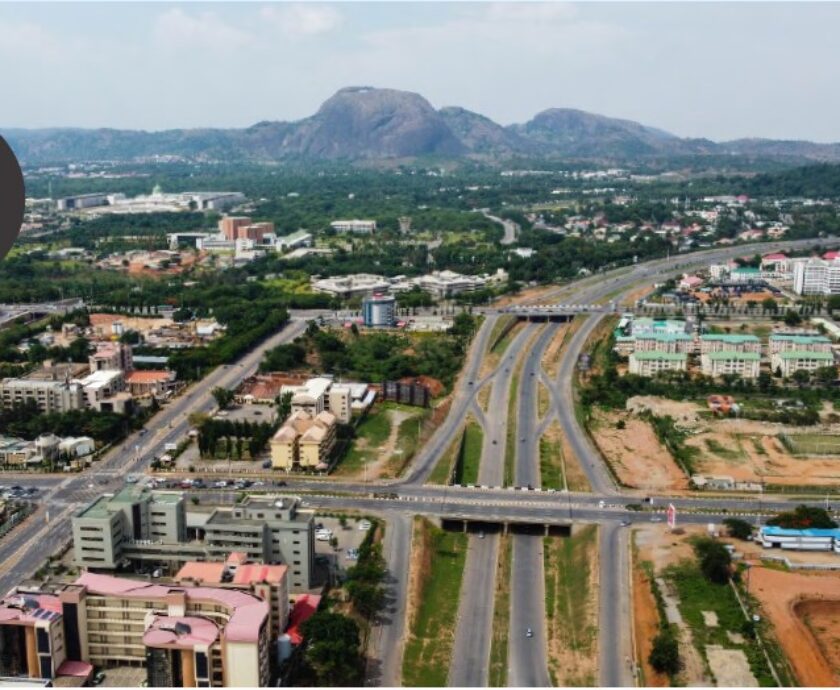Policy Briefs
Executive summary:
The management of agropastoral spaces and the regulation of cross-border transhumance are potential drivers of tensions and violence and pose major challenges for many West African states. Matéri and Kpendjal, two northern regions of Benin and Togo, respectively, with similar socio-demographic profiles and rich in natural resources, are no exception. These recurrent conflicts create fertile ground for the radicalisation of individuals and communities, fuelled by a loss of trust in conflict-resolution institutions that have been accused of corruption and favouritism in the handling of land disputes.
Added to this is the expansion of armed jihadist groups, which, for nearly a decade, have been intensifying their attacks on coastal countries and have become established in northern Benin, in the W and Pendjari National Parks. Incursions by armed groups are straining relations between farmers and herders in Matéri and Kpendjal.
This policy brief aims, firstly, to analyse the impact of terrorism on agropastoral relations in Matéri and Kpendjal, and secondly, to understand how decisions taken by the Beninese and Togolese authorities regarding the management of agropastoral areas and the fight against terrorism are increasing pressure on the exploitation of natural resources, thereby affecting relations between farmers and herders.
Two types of data sources were used: academic literature and semi-structured interviews conducted between April and May 2025, both in person and remotely. This policy brief focuses on the coexistence of farmers and herders in Matéri and Kpendjal, as well as on the management of natural resources in a context of armed violence. It then discusses the strategies implemented by local actors to resolve conflicts and finally makes recommendations.
Authors: Dr Bello Adamou Mahamadou and Dr Moussa Ibrahim






